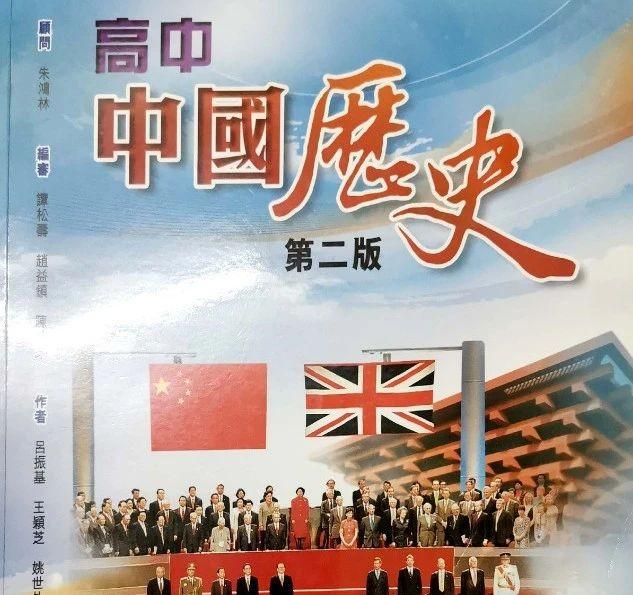According to the Global Times reported on April 6, the Chinese History Department in the second grade of Hong Kong secondary schools will adopt a new curriculum syllabus in September this year, which makes a large revision to the Opium War part, deleting some parts that were previously suspected of "whitewashing" Britain.
The report pointed out that at present, three revised history textbooks have been sent for review, and it can be found that compared with the old textbooks, the new version of the textbook stands on the perspective of the aggressor, and the "whitewashing" or even "beautification" of the aggressive behavior is gone, and instead of emphasizing China's interests, China's position, and China's viewpoint.

These changes are most evident in the chapters that led to the first Opium War that led to the cession of Hong Kong.
Was the Opium War broken out because of China's "arrogance"? correct!
Old history textbooks attributed the outbreak of the Opium War to a number of events, including the Qing Dynasty's isolation from the country, restrictions on trade, the failure of Sino-British trade negotiations, the import of opium from Britain, Daoguang's order to ban smoking, And Lin Zexu's sale of cigarettes.
The meaning of this is actually quite subtle, which has brought full play space to some ill-intentioned teachers in Hong Kong.
On the one hand, they magnified the Qing court's isolation from the country, the political, trade, and judicial system conflicts between China and Britain, and Lin Zexu's use of tough measures to ban smoking, calling the Opium War "a commercial war launched to defend free trade."
On the other hand, they "slightly ignored" the fact that British opium poisoned China and a large amount of Chinese silver was outflowed, and even did not talk about it, but instead accused China of being "arrogant" and suspected of "whitewashing" the war of aggression.
The new edition of the textbook drastically changed the biased description of the Opium Wars, recounting historical facts from a Chinese perspective instead of adopting the unreasonable interpretation of Britain.
One of the teachers' books moved the Qing court's isolation and sino-British trade conflicts to the chapter "Xili Dong gradually" (that is, the chapter before "The First Opium War"), and pointed out that "although Britain was dissatisfied with the various trade restrictions imposed by the Qing court and had repeatedly failed to negotiate with the Qing court, these were not directly related to the outbreak of the Opium War, let alone the legitimate reason for Britain to start the war." For the background of the Opium War, it began with "British businessmen importing opium" and "opium poisoning the Chinese people".
Guided questioning? Delete!
In addition, there were a large number of guided questions in the old textbooks, many of which were key historical questions.
Take the example of the First Opium War. Old textbooks had several questions about the war: "If the Qing court could have made concessions in trade policy at that time, could it have avoided the opium wars that followed?" "Is Lin Zexu's anti-smoking measures wise and hasty?"
The revised textbooks removed this guided question and replaced it with charts describing the amount of opium that Britain had imported into China at the time, analyzing the impact of the Treaty of Nanking on China, and so on.
Some historians have pointed out that this move is not to prohibit students from discussing historical issues, but that the old textbooks attach too much importance to "positive and negative arguments" and are easy to be used by some ill-intentioned teachers, thus adversely affecting students who are establishing a view of history.
Some Hong Kong media pointed out that the revision of textbooks is only one aspect, but more importantly, the reform of people: In the Hong Kong teacher team, there are always some people with bad intentions and contrary to their duties, who take advantage of their positions to instill wrong ideas in students, which has already had a very bad impact on Hong Kong. The Hong Kong Education Bureau must act now to strengthen the training and supervision of the entire Hong Kong teacher team, eliminate undesirable elements in a timely manner, and keep Hong Kong's education on the right track.
(Editor: Du Xian)